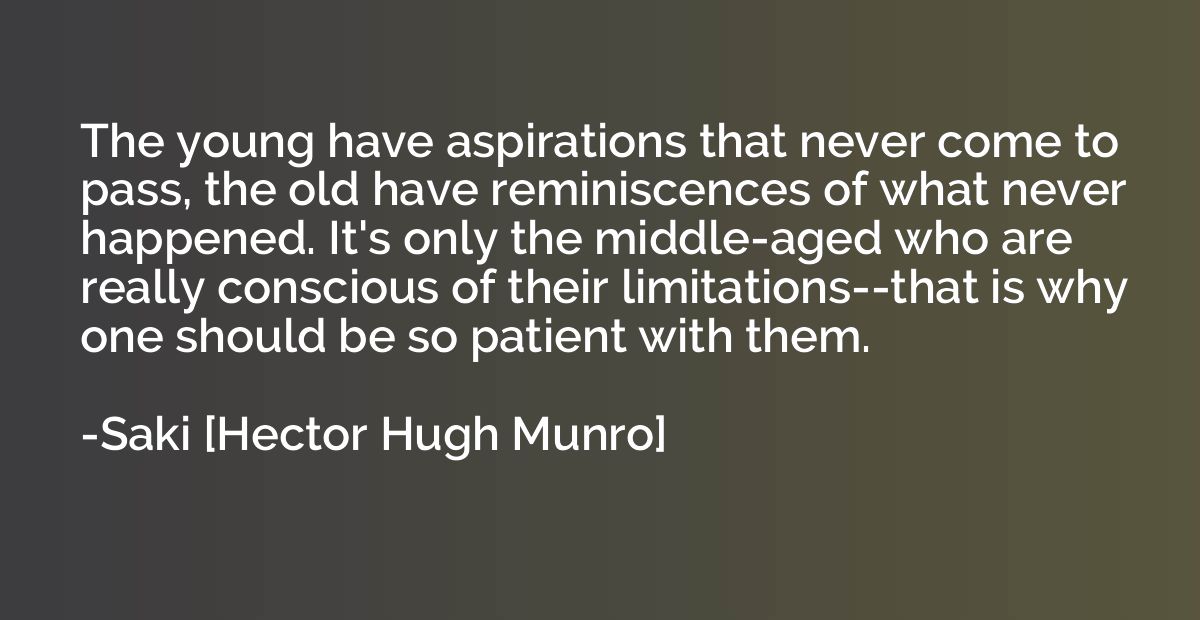Quote by Sir Walter Raleigh
Use your youth so that you may have comfort to remember it when it has forsaken you, and not sigh and grieve at the account thereof.

Summary
This quote highlights the importance of making the most of one's youth. It suggests that while one is young, they should seize opportunities, embrace experiences, and create cherished memories. By doing so, they can ensure that when age catches up with them, they won't look back on their youth with regret or sadness but instead possess fond and comforting memories to reflect upon. It encourages individuals to embrace their youth's potential and live life to the fullest, so that they won't mourn its passing but celebrate it instead.














